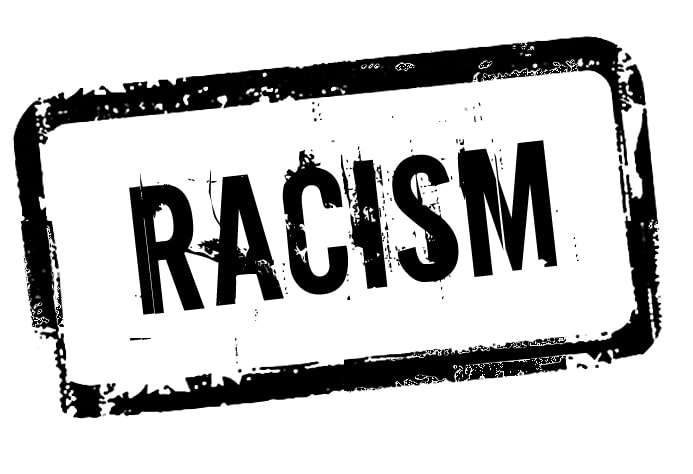The Volokh Conspiracy
Mostly law professors | Sometimes contrarian | Often libertarian | Always independent
Identity politics and the perils of zero-sum thinking

In an excellent recent post, co-blogger David Bernstein explains how both racists and many left-wing anti-racists make the mistake of falling into the trap of zero-sum economic reasoning: too often, they assume that one racial or ethnic group can only get ahead at the expense of another. In reality, racial oppression and discrimination inflict large costs on both majority groups and minorities (even if the latter often suffer more). And both groups stand to gain from free exchange between them, and from economic policies that enable members of all groups to maximize their potential.
I would like to extend David's logic in three ways. First, as I explained in a recent History News Network article, the strong tendency towards zero-sum thinking about ethnic groups is in part the result of widespread public ignorance. For people who don't know much about about economics or politics (which, sadly, includes a large part of the population), a zero-sum view of the world is intuitively plausible. And "in group-out group" dynamics make it intuitively plausible to divide the world into racial, ethnic, and cultural categories.
Second, what David says of interactions between racial and ethnic groups is also true of the relationship between immigrants and natives. Just as racial and ethnic segregation often harms members of the dominant majority as well as the repressed minority, so immigration restrictions often end up undermining the freedom and prosperity of natives as well as potential immigrants. The latter lose the gains from trade with immigrants, and also suffer from the civil liberties violations inherent in efforts to keep out and deport migrants. Most of the reasons why we condemn racial and ethnic discrimination by the state also apply to discrimination on the basis of place of birth, which is at the heart of most immigration restrictions.
Finally, David is right to suggest that one antidote to dangerous zero-sum thinking about racial and ethnic groups is to deemphasize identity politics. This does not mean that anyone should somehow forget their culture and heritage. But it does mean that we should do all we can to avoid basing our political activities around it. That approach is entirely compatible with combating racial and ethnic injustice. These can - and should - be fought on the basis of universal principles rather than appeals to ethnic solidarity. This is hardly a new idea. Frederick Douglass advocated it back in the nineteenth century. If a man who had personally experienced the oppression of racially based slavery could look beyond identity politics, then so can the vast majority of modern Americans who are fortunate enough to have avoided comparable horrors.
One side's identity-group mobilization is all too likely to generate backlash from the other, a dynamic that all too often results in conflicts in which both groups end up worse off than they would be otherwise. Such struggles reinforce and inflame the dangerous zero-sum thinking that too often leads to intergroup hostility and oppression. As Douglass put it in a famous speech, "[d]o we not know that every argument we make, and every pretension we set up in favor of race pride, is giving the enemy a stick to break our own heads?… We cannot afford to draw the color-line in politics, trade, education, manners, religion, fashion, or civilization. Especially we cannot afford to draw the color-line in politics." What is true of racial color lines also applies to ethnic divisions.
The goal of deemphasizing identity politics may seem hopelessly utopian, particularly at a time when white ethnonationalism has gotten a boost from Donald Trump's campaign (zero-sum thinking is at the very heart of Trump's world-view), and racial tensions are high over issues such as police brutality. But, as David notes, there are many examples of ethnic and racial hostilities that have faded over time. A century ago, there was often great political antagonism between Irish-Americans and WASPs. Today, most Americans barely even remember it.
Deescalating identity politics is not an easy task, especially in the case of groups with a long history of antagonism or oppression. But history shows that it is not an impossible one. The truly utopian view is the assumption that we can play with the fire of nationalism and identity politics without taking a grave risk of getting burned.


Show Comments (0)